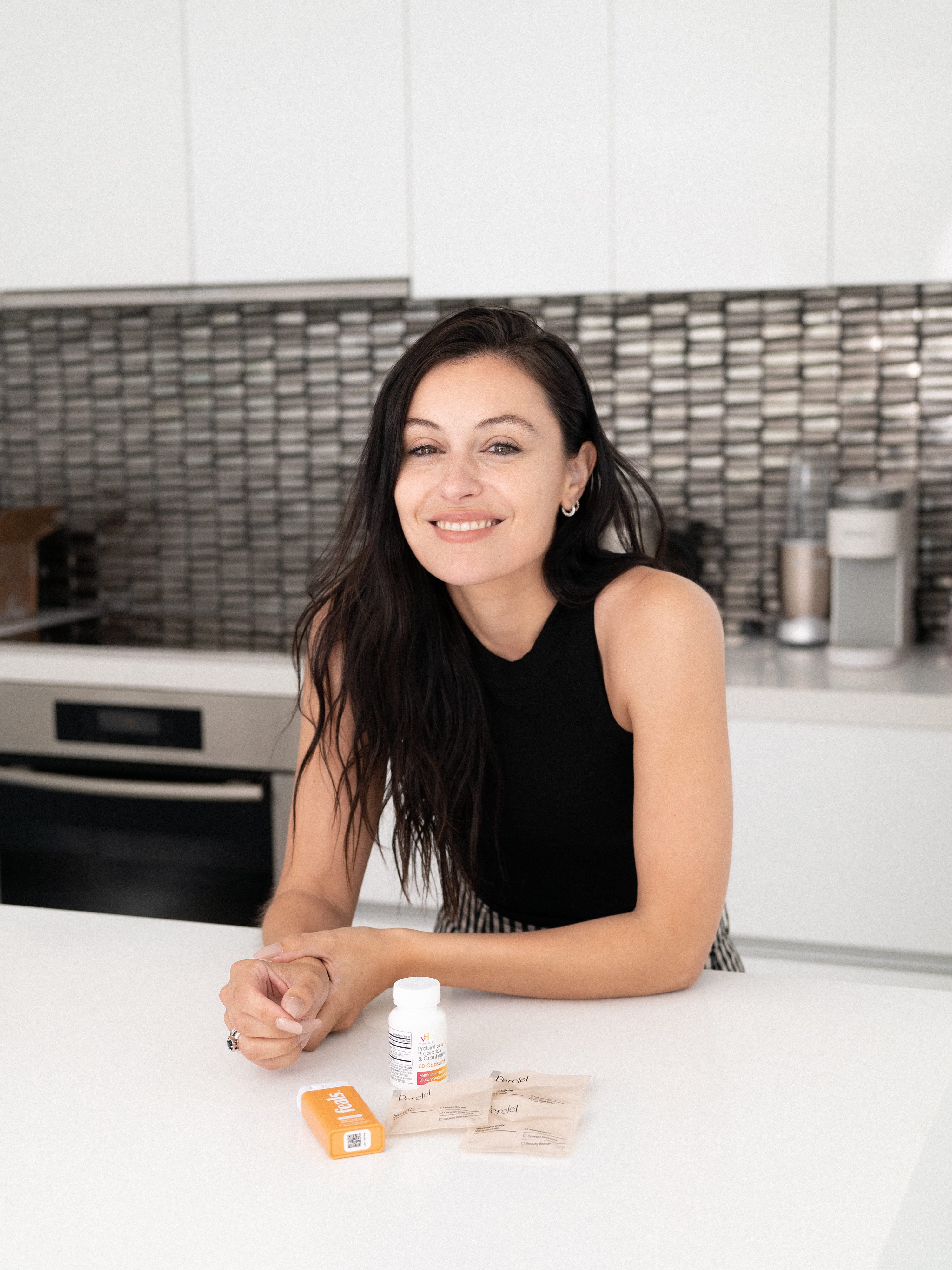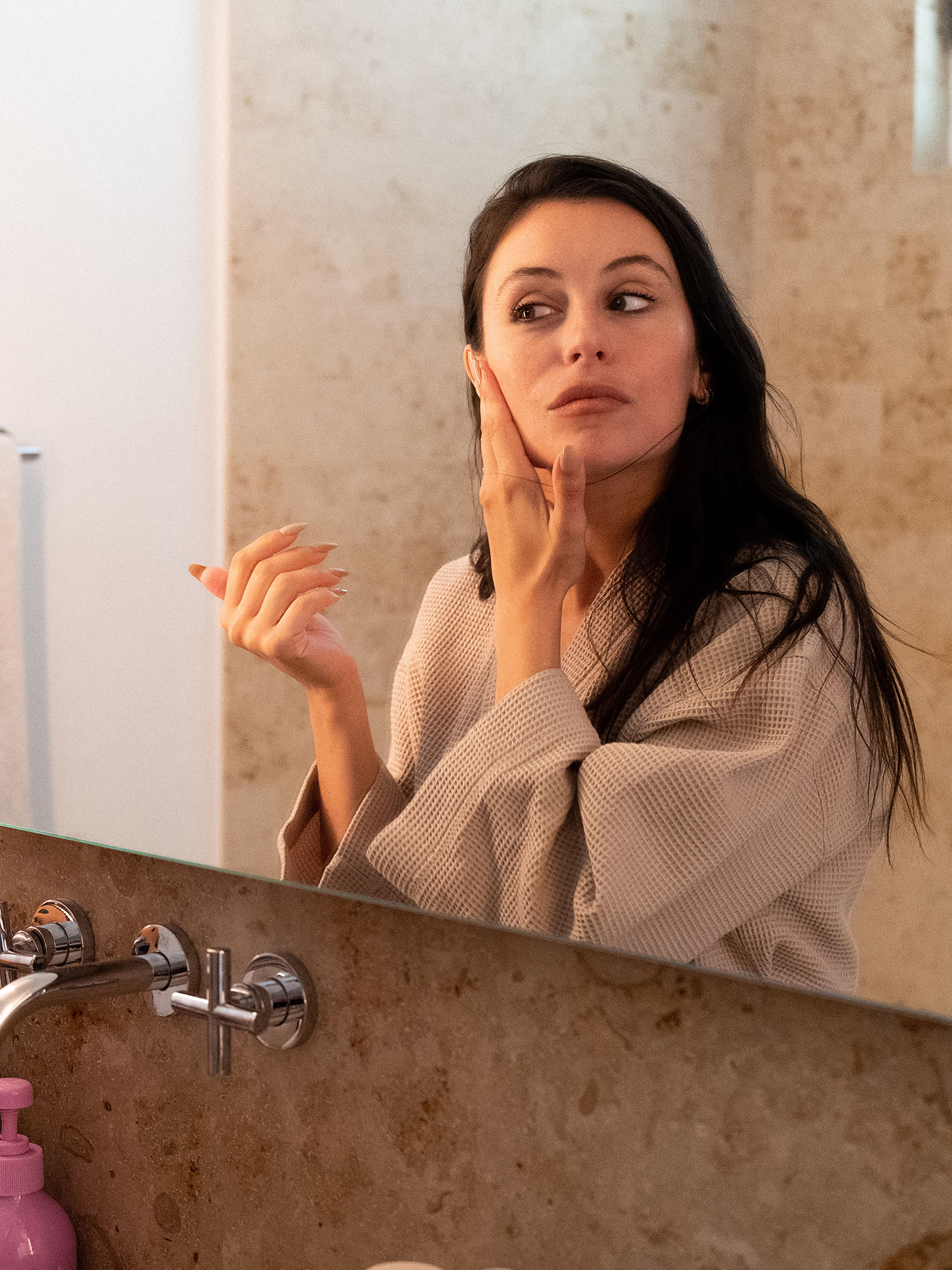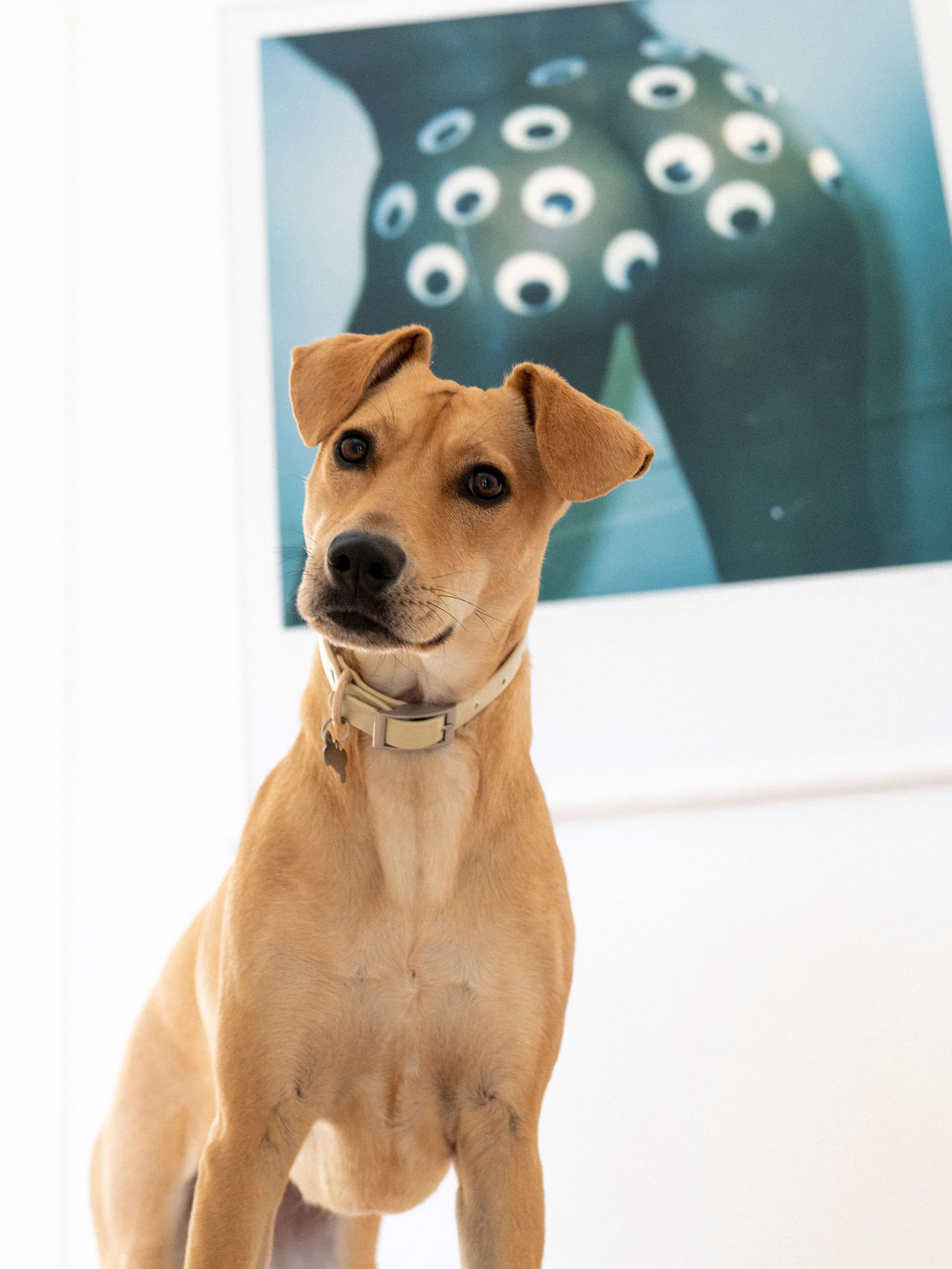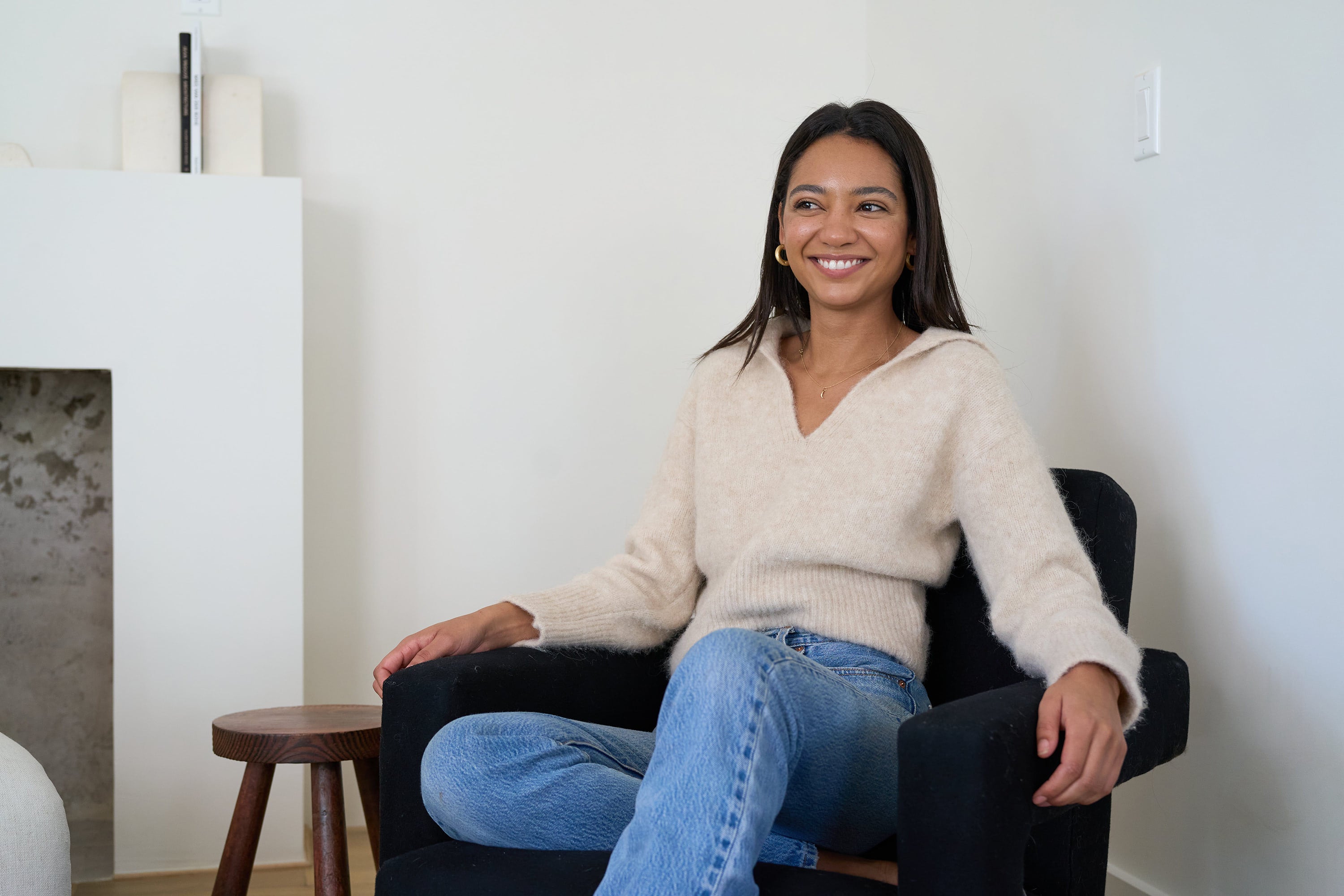The actor, writer, and mental health advocate who believes the best things come when you hit 30 because you understand so much more about who you are, what works for you, and life in general.

How has your mental health been lately?
I feel pretty good. I feel happy. I think getting older is so great. When you’re 20, you don’t want to ever be 30, but when you’re 30, you want to be 30. So I feel happy.
Also, whenever my mental health is challenged, it’s not because of my own problems, but things that are surrounding me or situations with other people that I don’t think I’m necessarily causing. As long as I can control how I react to things that are happening around me, which I’ve been able to do pretty well so far, it’s good.

Have you always been open about your mental health?
I’ve been open about it with mostly my friends and family. But I didn’t think that with my job, being a public person, it was cool to show that you are human, that you have feelings, and ups and downs. So I’ve always been super open about it, but not publicly. After the pandemic, brands started hiring talent to speak about it and to help other people share their own experiences. It’s great that there’s more openness. I wish I was like that years ago because it’s been part of my life since I was very young. But I’m happy that it is now. So let’s be grateful for the small changes.
As a child, how did your mental health struggles manifest for you?
I had an eating disorder. I didn’t like eating or I would eat too much. I never felt like food was something normal or healthy. I always felt so triggered by the thought of food or even looking at it. I was a bit of an addict. I didn’t know how to pace myself with eating or not eating. It got to a point where it was really hard to manage.
I think I was 17 and I told my aunt that I needed help. I didn’t feel like telling my mom because I didn’t think she would understand. I started going to therapy and it has really helped. I got over my eating disorder when I was about 22 in a way that I was okay with having food around me and eating in front of other people. Working on it at such a young age really did help because these patterns have been ingrained in us for many years.
I think it takes at least five to seven years to really change something and make it not your thing anymore. I had to learn that it was okay to eat sweets, but not overeat them. I had such a hard time with it in the beginning. I had to retrain my approach and my thoughts around food. It never really goes away, but there’s a safe zone and an unsafe zone. But if you’ve done the work, it doesn’t hit you the same way. So I think I’m in a safe zone.

What is your relationship like with yourself and your body since you’re in the public eye?
I spent many years hating it, not understanding why I was a girl. I felt like I needed to be born something different at some point. And it went on for a couple of years where I didn’t think I was meant to be a girl. And then eventually, it kind of went away. Now, I feel like myself. I used to stress about being skinnier and being fitter and now, to be honest, I’m happy. I know what I need to do to like myself. But again, it took years of understanding what my body needs, what I like and what doesn’t work for me. I actually think the best things come when you hit 30 because you understand so much more about who you are, what works for you, and just life in general.
You also speak openly about your endometriosis diagnosis. How does that impact your mental health?
I didn’t get my period for a while. I went to the doctor when I was living in Italy at that time and they didn’t know what was wrong. The doctor kept saying I was going to mature again. It didn’t make sense. When I did have my period, they were very, very painful. One time I almost fainted, but I never really questioned it. And then I moved to LA and I became friends with Jamie King. She’s played a very important role in my life. She’s the reason why I was able to stay and work in the states. She helped me so much and sent me to her doctor who said you have Endo. He told me all about it and put me on birth control, which helped a lot. I started getting my period again and I didn’t have all the cramps that I had before.
But eventually, I developed cysts and I had to get surgery for it. That’s also the only way to really see if you have endo because it’s scar tissue that grows around your reproductive organs. And you can only see that after surgery. After surgery, I felt so much better. I know that people say that surgery isn’t the ultimate answer to this problem, but it was for me because the pain went away. I was only 23 or 24 when I got surgery, so I think it made me grow up a lot.

You’re active on social media and speak about your mental health on your platform, so do people ever trauma dump on you? How does that make you feel?
I love it because when I was young, all I wanted was to talk about my anxiety, my depression, my eating disorder. I would talk to my aunt because she was the only one that knew how to listen to these kinds of things. People get really scared because they don’t have the tools to welcome your story or even know how to help. But just listen. She was my angel and she saved my life. My therapist obviously did too, but every time I tell my story, I remember I was that person once that needed to talk about it.
So I try to listen. An influencer reached out to me a couple of years ago and she asked if she could talk on the phone and we did. And because of that, she went to therapy and started doing EMDR, which I talk about a lot. I was happy that I could help, even if in a small way.

